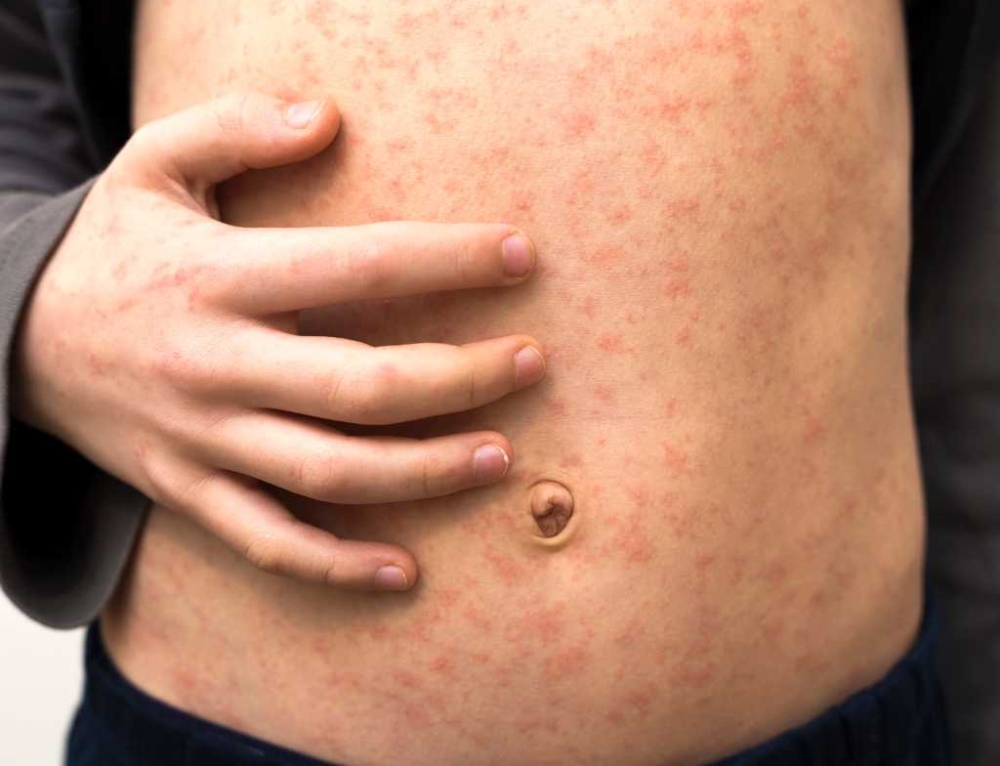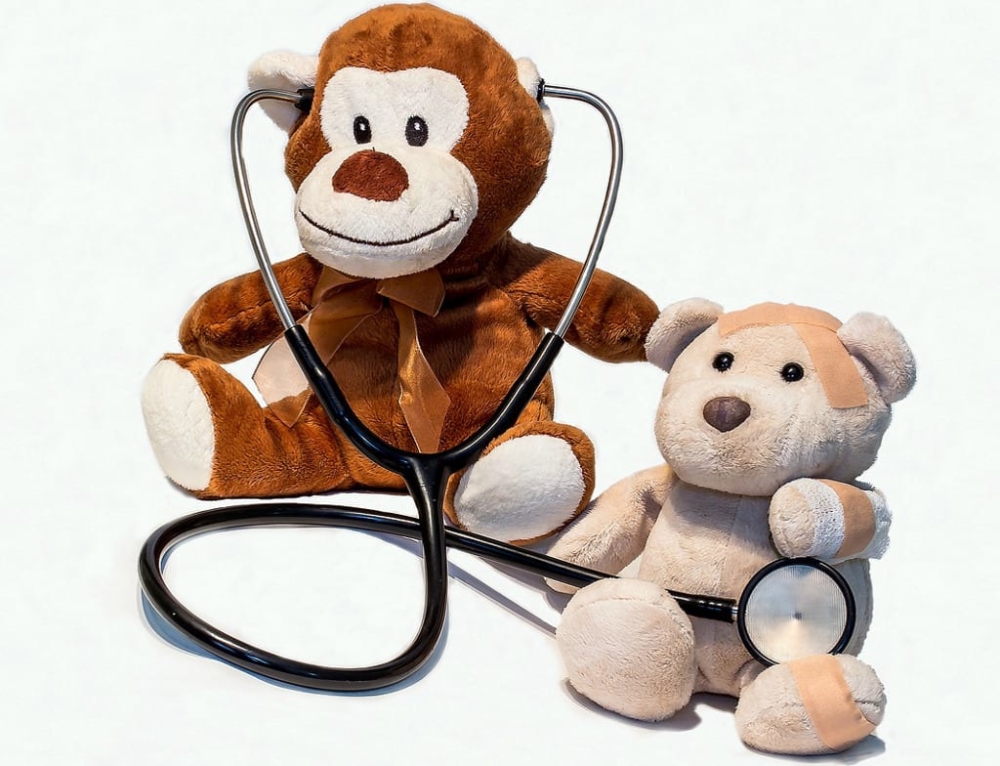Published 4th June 2020
Cure Kids, New Zealand’s largest charitable funder of child health research, says its new $10 million funding commitment to address the effects of social deprivation on child health illnesses is critical, and that the need for it has been reinforced by a recent increase in rheumatic fever across New Zealand.
In recent weeks, Wellington’s Regional Public Health services reported a spike in typical case numbers, with a 25% annual increase nationally (from 58 to 72 children) and nine hospitalisations in Wellington in 2020, compared to an average of one to two cases.
Cure Kids CEO Frances Benge says the charity’s increased funding for this condition is timely, with research needed to help understand risk factors, design preventative interventions, develop a diagnostic test and effective treatments for rheumatic fever, and create a vaccine for Group A Streptococcus.
“This year, Cure Kids launched a contestable funding round to help answer these questions, committing the first $3 million over the next three years. We received 17 proposals, 11 of which have made it into the final stage. In August, an Assessing Committee, including leading scientific advisors, Māori and Pacific health advisors, and international subject matter experts, will meet to decide the final successful applications,” says Benge.
She says the heightened focus on new research is due to New Zealand having one of the highest rates of rheumatic fever in the developed world, despite this being a preventable illness. The condition disproportionately affects Māori and Pacific communities and requires a significant research investment in order to eliminate it from our country.
Diagnosing rheumatic fever
Dr Nikki Moreland, Senior Lecturer in Immunology and Biomedical Scientist at the University of Auckland, is currently funded by Cure Kids. Her work focuses on identifying biomarkers (disease identifiers) for rheumatic fever.
“There is no single, specific test for the diagnosis of rheumatic fever, so a quick diagnosis is not always possible. Identifying unique biomarker(s) present in rheumatic fever is an important first step to developing an accurate diagnostic test; something that is needed to speed up diagnosis,” says Dr Moreland.
Housing conditions
Earlier research pioneered by Professor Michael Baker, with the support of Cure Kids’ funding, identified housing conditions – in particular household crowding – as a major contributing factor. Disease risk was also associated with damp and mouldy houses, insufficient hot water for washing and dietary factors, signalling a systemic reason for why it is such a problem in New Zealand.
This public health issue encompasses three conditions – Group A Streptococcus (strep throat), rheumatic fever, and at its worst state, rheumatic heart disease – meaning it straddles both communicable and non-communicable diseases (NCDs).
Public and private donations are sought throughout the year and culminate in Cure Kids’ annual Red Nose Day appeal, which has been moved forward to 31 July 2020 due to COVID-19-related funding constraints.
Above content provided by Cure Kids.
What is rheumatic fever?
Rheumatic fever is a serious illness that should not be taken lightly. A sore throat caused by the bacteria, Group A Streptococcus (commonly known as strep throat), must be treated with antibiotics. If it is left untreated it can cause rheumatic fever in at-risk children and young people.
Rheumatic fever is an autoimmune disease – a child’s immune system will attack the strep throat germs but will also mistakenly attack other parts of a child’s body. Rheumatic fever can affect the heart, joints, brain and skin, leading to inflammation. Rheumatic heart disease occurs when there is scarring of the heart valves from the inflammation and is a serious, life-threatening condition.
The Ministry of Health advises that “If your child is Māori or Pacific, aged 4 to 19 years, lives in certain parts of the North Island and has a sore throat, please get it checked straight away. They are at risk of a serious but preventable illness called rheumatic fever. Call Healthline 0800 611 116 if you are unsure what you should do.”
Find out more on the Ministry of Health website.
See more:







Leave A Comment
You must be logged in to post a comment.